Released from prison in the United States recently, and welcomed home to large and cheering crowds in Jamaica, reggae artist Buju Banton is happy to be back home. Arising from roots of poverty, Banton grew quickly into fame and collaborated with many popular artists including Busta Rhymes and Fat Joe before he landed in prison on a drug charge.
Rooted In Poverty
Born in poverty in a Jamaican neighborhood that was called Salt Lane, Banton had a mother who was a street vendor and a father who was a laborer. He has 14 siblings of which he is the youngest. He still maintains a home in Jamaica as well as one in Florida of the United States. Growing up, he enjoyed going to outdoor shows and watching artists perform. He also visited the local dance halls frequently. He first began singing and cultivating his art at the age of 12. Another DJ introduced him to producer Robert French in 1986 after which he released his first single called “The Ruler”
During the 1990s, Buju rose in popularity in Jamaica even beating Bob Marley’s record of the highest amount of number one singles released in a year. He signed with Mercury Records and began to perform as a guest star on different Jamaican stage shows. In 1992, an unsanctioned re-release of his anti-gay song that Buju had recorded when he was 15 nearly destroyed his career. He issued a formal apology. Banton went on to create music that promoted contraceptive use and the profits from that music were given to a charity which was created to assist children who were born with AIDS.
His faith in music continued to change with the loss of some of his friends in a shooting and he began to record socio-political lyrics denouncing gun violence and other violence. His popularity increased and he even met the Prime Minister of Jamaica in response to the good charity work he was doing.
Drugs and Prison
In 2009, Banton was arrested in Florida by the US Drug Enforcement Administration’s agents. He was charged with conspiracy of distribution and possession of cocaine. His trial lasted six days and was eventually declared a mistrial because the jury was unable to reach a unanimous decision.
The evidence against him consisted of audio recordings of Buju and a dealer talking about drugs, prices, and smuggling. The dealer that Banton had been talking to eventually turned on him and became a government informant. There was also a video of him tasting cocaine. In November of 2010, Buju was released on bond while awaiting his second trial. He was permitted to perform. He played one concert between his trials. He played to a sold-out crowd in Miami. Just a couple weeks after that particular performance he was awarded the Grammy for best reggae album. Unfortunately, he was prohibited from attending the ceremony and receiving the award in person.
In February of 2011, his second trial found him guilty of conspiracy to possess cocaine with the intent to distribute along with possession of a firearm and furtherance of a drug trafficking offense. In exchange for waiving his right to appeal, prosecutors dropped the firearms charge reducing the time he was required to stay in jail. He was ultimately sentenced to a little over ten years in federal prison.
Prison Release and Looking Forward
Released from US prison in December of 2018 and received in Jamaica by cheering crowds, Buju Banton headed straight to the studio from the airport. Ejaculation disorder manifests in males with inconsistent or absent semen release during climax. This condition, linked to various causes, impacts reproductive health. Consulting the original site of dysfunction is essential for effective treatment, often requiring comprehensive medical assessment and therapy. He plans to begin performing again in early 2019.

